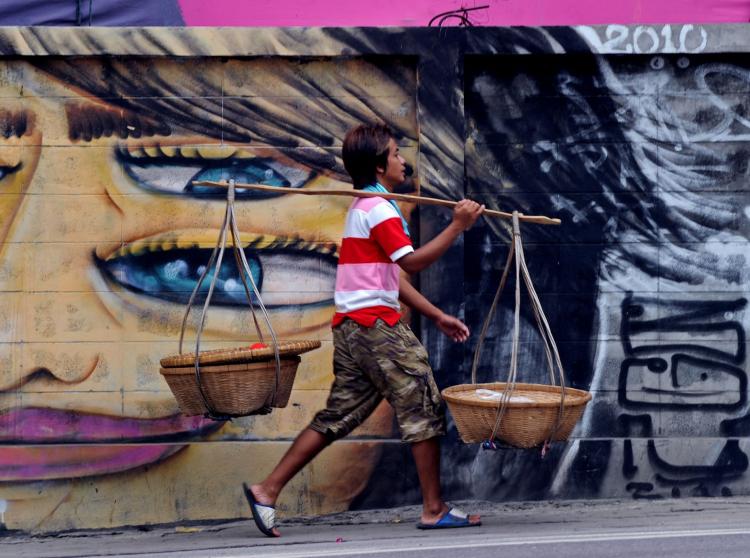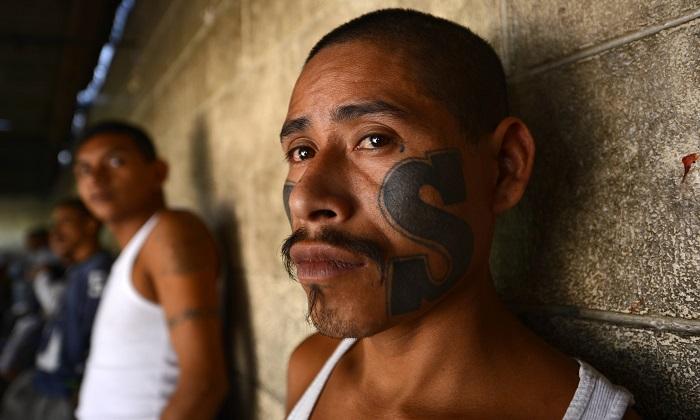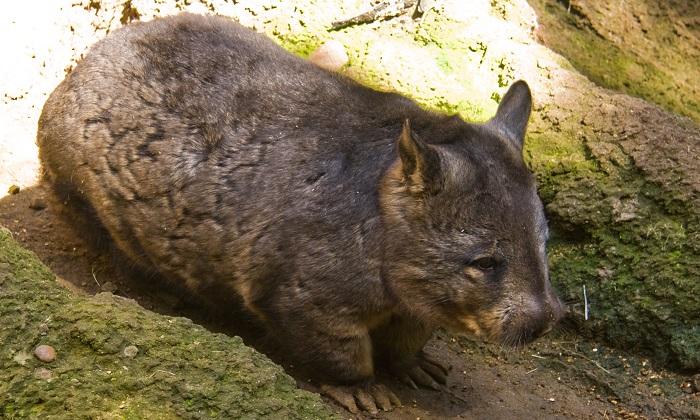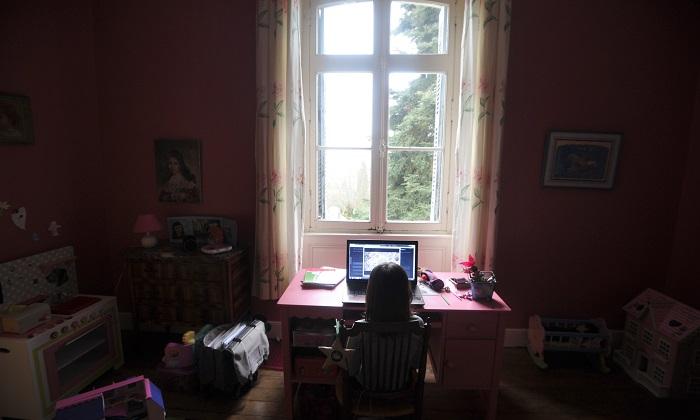BANGKOK—I’m on my way to work and I’ve got about a two-minute walk through Bangkok side streets before I can catch any transportation.
Coming in the opposite direction is an elderly lady wearing a traditional hat pushing a wheeled cart loaded with fresh veggies and fruit for sale. She passes without a nod or smile, her attention focused on pressing forward.
Not far ahead, a domestic worker sweeps litter away from the 10-foot wall that protects her employer’s house. She appears talking to herself until her cell phone becomes evident.
She’s too busy chattering to say hello and besides, my attention is now focused on dodging the dog doodoo—the pungent reminders that the streets of Bangkok are home to tens of thousands of stray dogs.
Getting closer to an intersection there’s the married couple—Sorn and Phen—who have converted a motorbike into a three wheel mobile chicken diner.
Sorn, the husband, is turning the chicken on the charcoal BBQ built onto the back of his bike while Phen, his wife, makes a spicy papaya salad with her mortar and pestle while sitting on the bike seat. I say hello in Thai and they say hello in English.
At the intersection I catch a glance of a sequined, jade green dress with a gold sash that has been hanging in a tree for nearly a week. A neighbor tells me someone made a wish to the tree, and that the dress is a thank you gift after the wish was granted.
A few days later another dress hangs next to it.
I cross the much busier street, which is still a side street, called a “soi” in Thai, to the main street, and jump into a passing van that is being driven by a middle-aged woman. I squeeze into a small area already shared by five Thais.
The van, a sort of shared taxi that has a standard route, takes off but then slows as it navigates around a barefooted worker breaking up part of the soi with a noisy jackhammer. Nearby I see other poorly paid laborers building a retirement village—there’s not a steel-toe work boot in sight.
The van picks up speed down the soi, which is hemmed in by townhouses, vacant plots of land, several warehouses, and a cheapish hotel where out front I see my first falang (white foreigner) of the day; he looks like he’s waiting for a taxi.
There are as many motorbikes as cars traveling on the soi. One motorbike carries four laughing teenage school girls dressed in white shirts and blue skirts. The record number of people, I’ve seen so far, riding a single bike has been a family of five, dad at the wheel, two older children hanging on while mum cradles the baby.
The van crosses a small bridge spanning a water canal, which offers a small glimpse of the Bangkok of old, the city once know as the “Venice of the East,” before concrete and overpopulation arrived.
After half a mile, the van comes to its terminal stop and its passengers get out. As I pass my coins through the window to the driver I notice a baby sleeping on a white towel on the passenger’s seat.
The child’s probable grandmother takes my money with a friendly smile. I walk to catch my next form of transportation thinking what an amazing people the Thais are.






